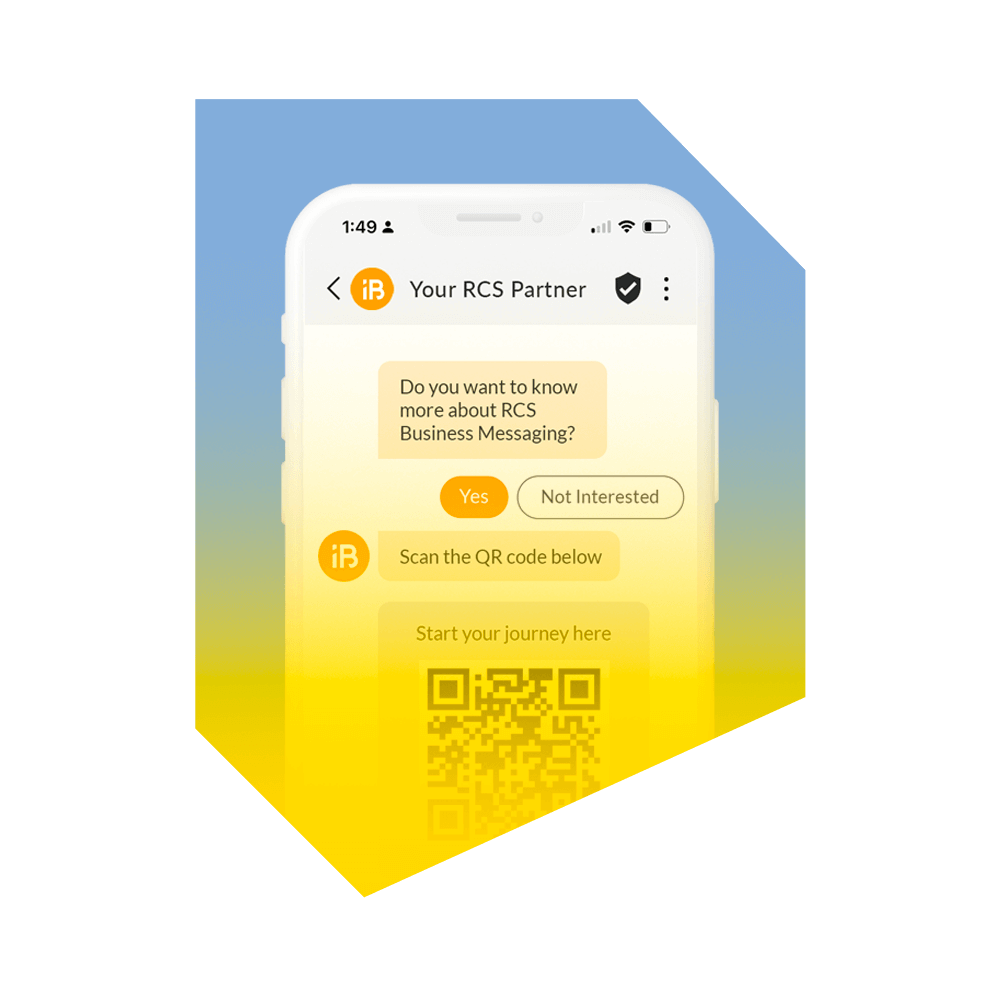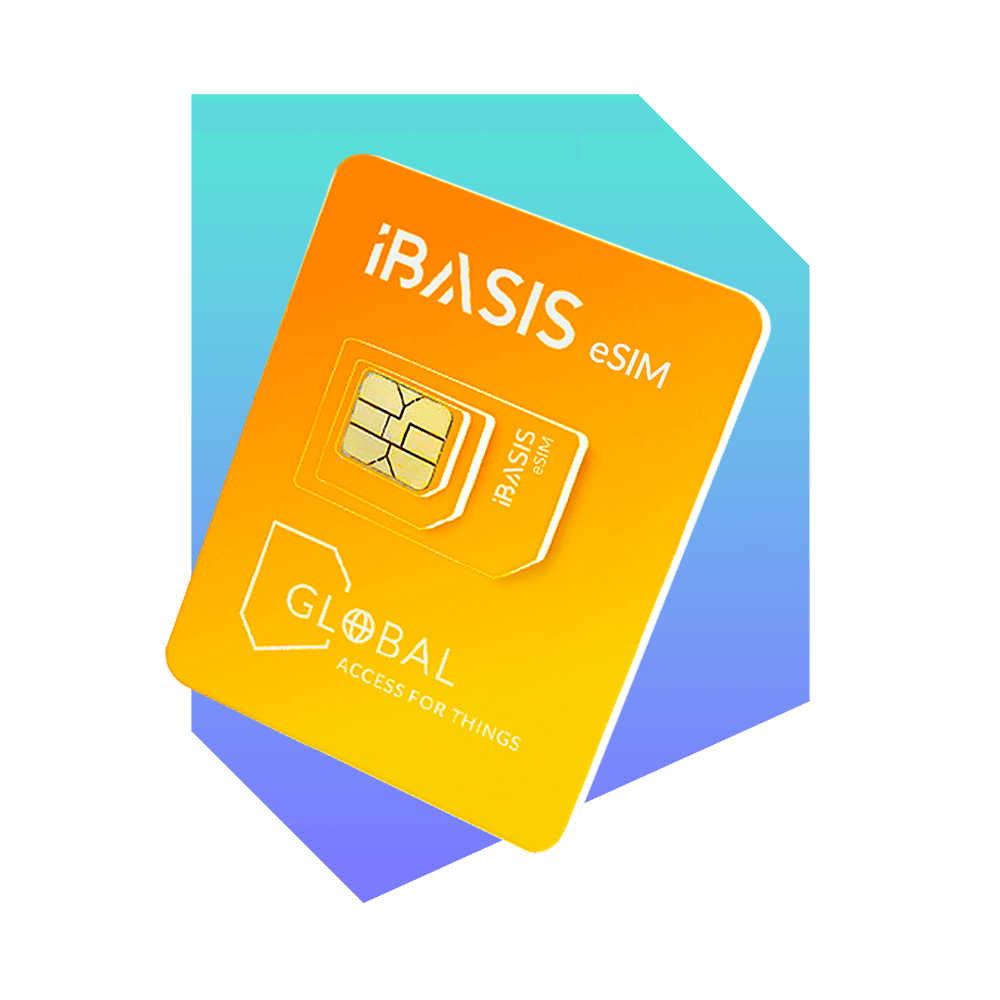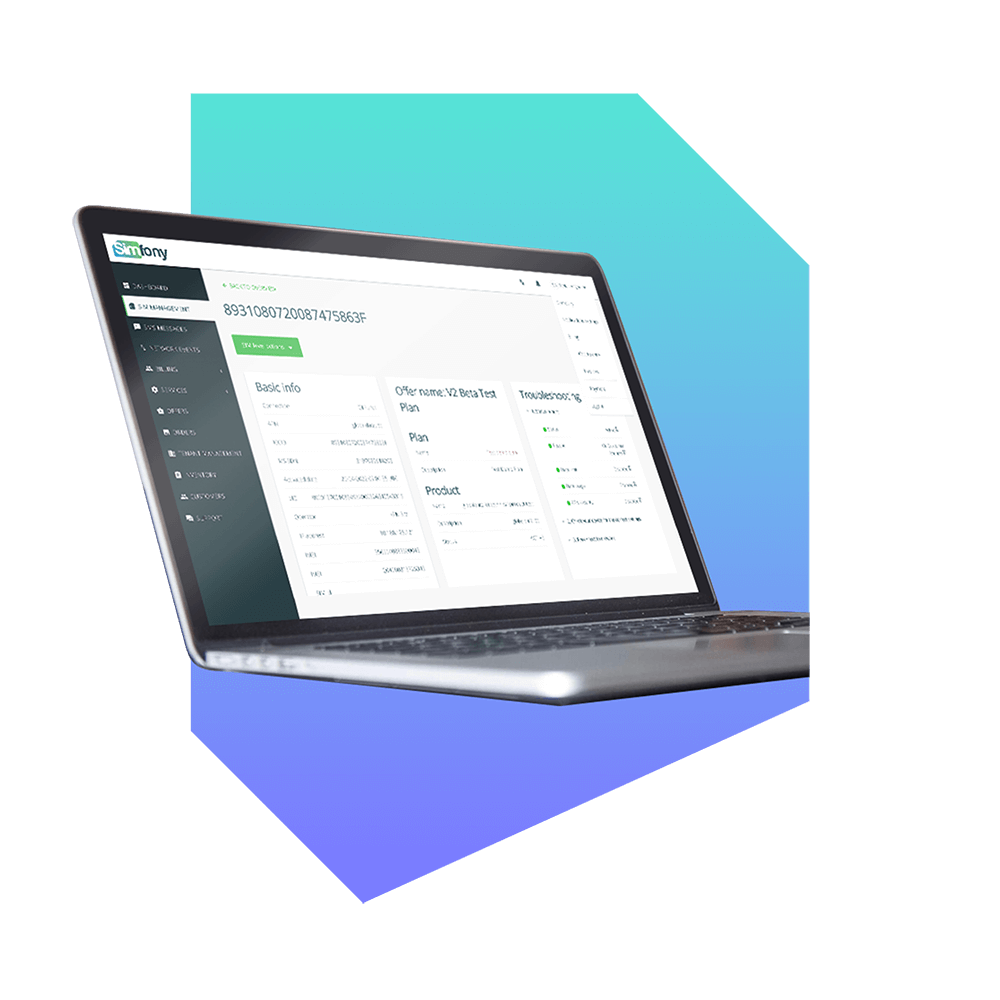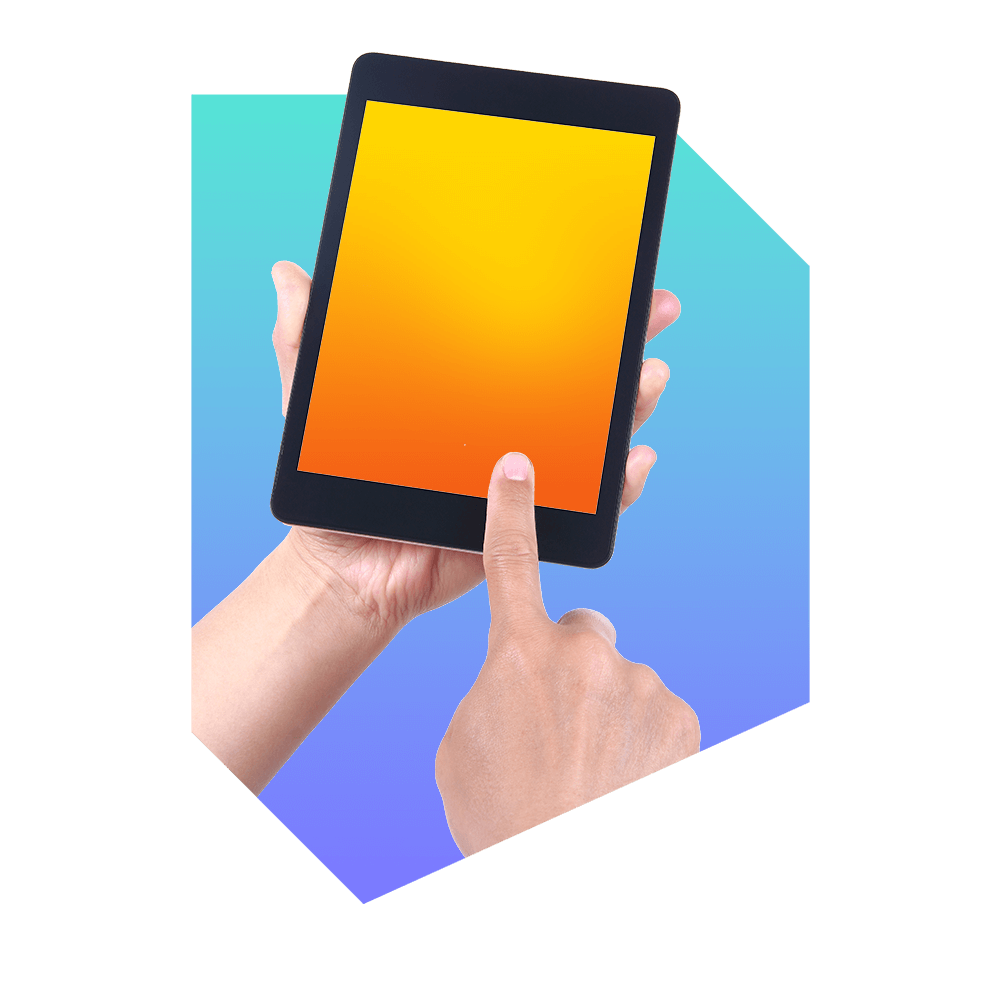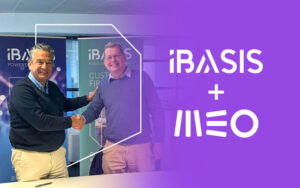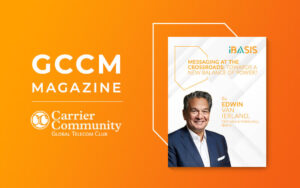By Malick Aissi, VP Business Assurance and Risk Management Services

“Wangiri” is Japanese for “one ring and drop.” The scam works like this: A scammer places a robocall to a number and hangs up after one or two rings, often calling back several times. The goal is to get the caller to call the number back and, when they do, to pay a high-cost destination fee to connect the call. This fee is then usually paid, in part, to the scammer.
Typically, scammers will target area codes in bursts, often calling multiple times in the middle of the night. Calls are likely trying to trick consumers into calling the number back, often resulting in per minute toll charges similar to those with a 900 number.
Advances in technology allow massive numbers of calls to be made cheaply and easily. In addition, spoofing tools make it easy for scammers to mask their identity. Fraud can originate anywhere in the world due to highly interconnected networks.
TELECOM FRAUD IMPACT
Telecom fraud is estimated to cost operators nearly 30 billion euros a year, according to a 2019 report from Europol’s European Cybercrime Centre and Trend Micro. Other estimates of the actual loss are between 3 percent and 10 percent of the operators’ gross revenues and losses continue to rise with the increased availability of hacking equipment.
The risk facing operators is huge and growing rapidly with usage digitalization. This was clearly demonstrated during the epidemic period we just went through, where we saw an increase in fraud types not only in terms of diversity but also in terms of sophistication. Massive loss of personal data can have a dramatic negative impact on operators: revenue losses along with subscriber dissatisfaction and churn. Above and beyond immediate losses, breach of trust can have far-reaching impacts on the bottom line.
Frauds have and continue to significantly increase with globalization, and it is estimated that more than two thirds of fraud is tied to international traffic. Voice fraud remains the most common form, with voice-based international fraud schemes that are generating illegal or abusive voice calls for profit and costing operators millions in revenue annually. Wangiri and International Revenue Share Fraud (IRSF) are two of the most widespread categories of fraud.
HOW TO TACKLE INTERNATIONAL TELECOM FRAUDS
To tackle fraud effectively, it is critical to have dynamic systems in place with 24×7 operations. Most fraud happens during non-business hours and not all operators have robust systems and customer-centric processes that can ensure a proactive, rather than reactive, approach to detecting and preventing this activity.
The iBASIS Fraud Alert System can detect in real time sophisticated fraud patterns with our strong and laser focused algorithms, going to unprecedented levels of granularity and accuracy (including destinations, routes, severity, trunks, customer id, calling and called parties).
There is also a strong need for industry cooperation between operators, government bodies and associations. For example, iBASIS is strengthening its engagement with leading industry groups dedicated to fighting fraud. iBASIS is an anchor member in the joint initiative of the ITW Global Leaders Forum (GLF) and i3Forum, committed to implementing the I3F Code of Conduct (CoC). Recently, the GLF endorsed four KPIs identified by the i3Forum for international carriers.
iBASIS is also an active participant of GSMA Fraud Working Group and is now a member and advisor of the Risk & Assurance Group (RAG). RAG Wangiri Consortium supplies anti-fraud data to a blockchain-powered repository, allowing them to update this common intelligence resource and warn fellow telcos with unprecedented speed. iBASIS will share their considerable insight into the passage of attempted wangiri calls with other telecommunications service providers.
iBASIS is accelerating innovation to stay ahead of international telecom fraud. Through its patented proprietary technology, iBASIS is continuing to invest in expanding and enhancing the anti-fraud platform. There is no one single fraud or carrier network environment but multiple demands per traffic type or scenario; therefore, anti-fraud tools need to continuously and dynamically adapt, adjusting to meet the specific environment of our customers.
To get a free trial of the iBASIS platform, reach out here or contact@iBASIS.net.


















